Democratic Republic Of Congo
Having claimed the lives of up to 33 people in the Democratic Republic of Congo, the government and World Health Organisation on Tuesday declared an end to the Ebola outbreak.
Tuesday marked 42 days since the last detected case of the virus, the length of two incubation periods considered long enough to declare an outbreak over.
The flare-up, first detected in the rural village of Ikoko Impenge in northwest Congo in April, was dealt with rapidly by the World Health Organization and Congolese authorities, including the deployment of an experimental vaccine given to over 3,300 people.
That helped contain the impact of the virus even when it reached the city of Mbandaka, a crowded trading hub of 1.5 million people on the Congo River with direct boat and plane links to the sprawling capital Kinshasa.
“I declare from this day…the end of the Ebola…epidemic in Equateur Province, Democratic Republic of Congo,” Health Minister Oly Ilunga Kalenga said in a statement.
Ebola, believed to be spread over long distances by bats, causes hemorrhagic fever, vomiting and diarrhea and is spread through direct contact with body fluids. It often spreads to humans via infected bush meat.
The Mbandaka scare
Its arrival in Mbandaka in May turned the outbreak into an international concern as airports in West Africa set up Ebola screenings and the region shuddered at the memory of the epidemic that killed at least 11,300 people in Guinea, Sierra Leone and Liberia between 2013 and 2016.
But despite the deaths, the containment of this latest outbreak, Congo’s ninth since the virus was detected near the Ebola river in the 1970s, was considered a success, given the difficulties faced in one of the world’s most challenging environments.
The [#Ebola] outbreak [in #DRC] was contained due to the tireless efforts of local teams, the support of partners, the generosity of donors, and the effective leadership of MoH. That kind of leadership, allied with strong collaboration between partners, saves lives.” —
— WHO African Region (WHOAFRO) July 24, 2018DrTedrospic.twitter.com/mEiLXwzX8x
The vaccine had to be kept -60 to -80 degrees Celsius in remote parts of a humid country with unreliable power supplies. Informed, signed consent was required from every person who wanted the shot, raising language and cultural barriers.
“WHO moved quickly and efficiently,” said the WHO’s Regional Director for Africa, Matshidiso Moeti.
ALSO READ: DRC Ebola response better than during 2014 outbreak – WHO boss“Dozens of experts from Guinea spent weeks leading Ebola vaccination efforts here, transferring expertise which will enable the DRC to mount an effective response both within its borders and beyond.”
It marks a sharp turnaround from the criticism the WHO received in being too slow to react to the 2013-2016 outbreak and suggests that if dealt with quickly, and with a useable vaccine, Ebola’s threat can be diminished.
REUTERS




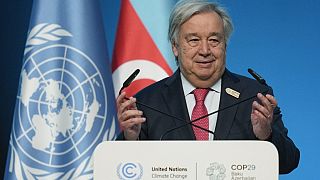

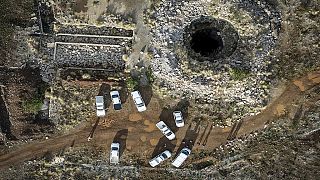
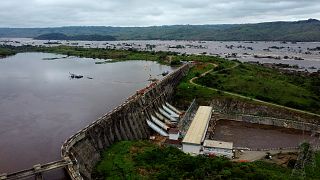
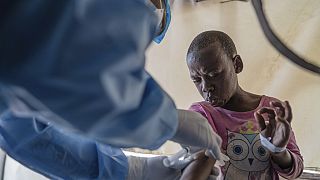
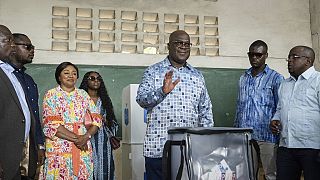
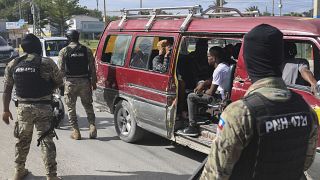
Go to video
Africa CDC endorses Morocco's Mpox test
01:22
Cases of new mpox strain more than double among children in DR Congo and Burundi
01:37
78 patients evacuated from Gaza for care abroad
Go to video
Nigeria’s army chief dies at 56
01:08
Mpox: Nine most affected countries to receive vaccines
01:03
Uganda: Victims of lightning strike buried